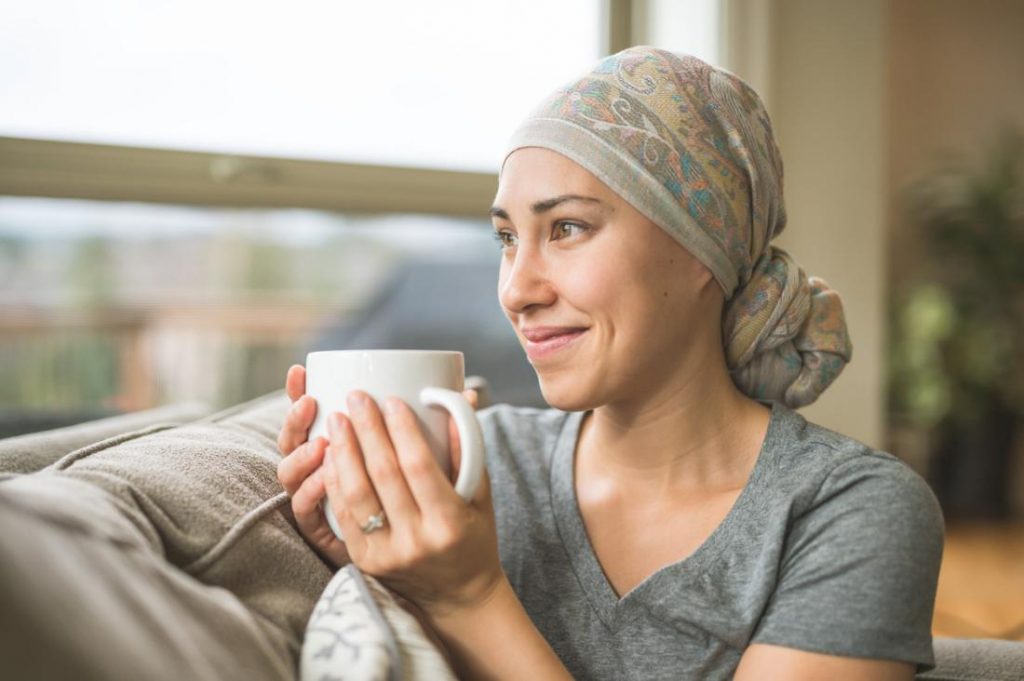When people hear the word ‘cancer’ a lot of thoughts and feelings come to mind. It is very devastating and heartbreaking once someone diagnosed with it. A cancer diagnosis
may affect their lives and the lives of loved ones also. By sharing our knowledge, together we help each other better understand cancer and how to help prevent it.
What is cancer??
Our body is made of cells and tissues. Calculating the number of cells in the human body is tricky. Moreover, the body consists of millions and millions of cells. These cells divide to produce more and more cells called cell division. Because of cells division, living things can grow. In normal cells, hundreds of genes intricately control the process of cell division.
Cancer can start when just one of the cell begins to grow and multiply too much. Normal body cells grow and divide over a period of time until they eventually die. But cancer cells continue to grow and divide. They no longer respond to many of the signals that control cellular growth and death. The result is a growth called a tumor.
Cancer is a disease in which cells start to grow out of control. This can happen when the genes of cells are damaged. This damage can result in a mutation. A mutation is a change in cell structure. According to research findings from the Cancer Genome Project, most cancer cells possess 60 or more mutations. Cells become cancerous after mutations accumulate in the various genes that control cell proliferation.
A tumor is a swelling of a part of the body (lumps), generally without inflammation, caused by an abnormal growth of tissue, whether benign or malignant. Sometimes the cells from these lumps may migrate to other tissues or organs in the body through bloodstreams. This is called as metastasis.
How does cancer begin?
Scientists and researchers are working to discover why some people get cancer and others do not. The cancer is a complex disease. And it consists of over different diseases. There might not be a single cause to it. Moreover, the genetics and certain environmental or behavioral triggers may lead to the stage of cancer.
The risk of developing cancer may depend upon who you are, where you have been exposed and how do you live(lifestyle). Cancer is not contagious. So, you need not worry about spreading or catching from someone else.
- Genetical or inherited — The genes you were born with might carry a predisposition for cancer.
- Family History, gender, and age may also influence the risk of cancer.
- Smoking, radiation, viruses, cancer-causing chemicals (carcinogens), lack of exercise, obesity, and hormones etc.
- Diet and food additives
- Sexual practices is also a risk factor causing cancer.
Once cells get exposed to the above-mentioned risk factors, mutations in genes may start. The mutation gives a cancer cell a growth advantage, it can make more copies of itself than a normal cell can. Mutated cells outperform normal repair cells and hence the damage may intensify further.
When cancer cells break away from a tumor, they can travel to other parts of the body through the bloodstream or the lymph system. During the initial stages, the tumors may confine to the infected area of tissue. Such tumors are benign tumors.
Furthermore, these tumors grow faster than normal and invade the adjacent tissues. The cells in these tumors/lump break the covering and of tissues. The tumors are malignant. The mutated cells may travel to another part of the body via the bloodstream or lymphatic system. Thus leading to the formation of new tumors at those sites.
Primary site
Most cancers are identified by the organ in which they first begin to grow. It is called the primary site. The four most common primary sites are lung, colorectal (colon and/or
rectum), breast and prostate (a gland in the male reproductive system).
Recommended read Why are regular health check-ups important?
The primary site and the location of the metastases help the doctor determine appropriate treatment. In further discussions, we will emphasize it’s stages, treatment, and prevention.
BE AWARE !! BE CANCER AWARE !!
